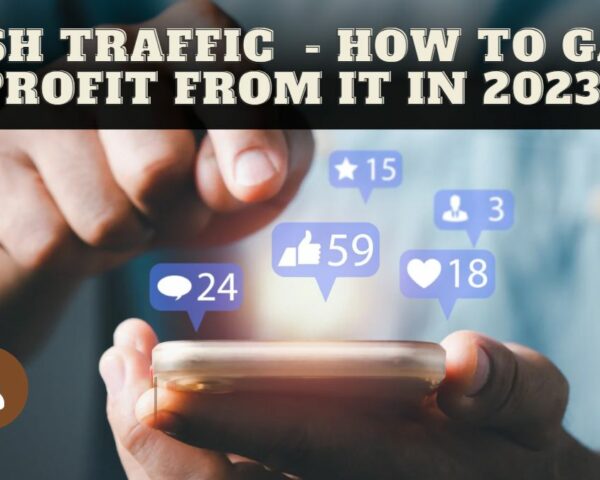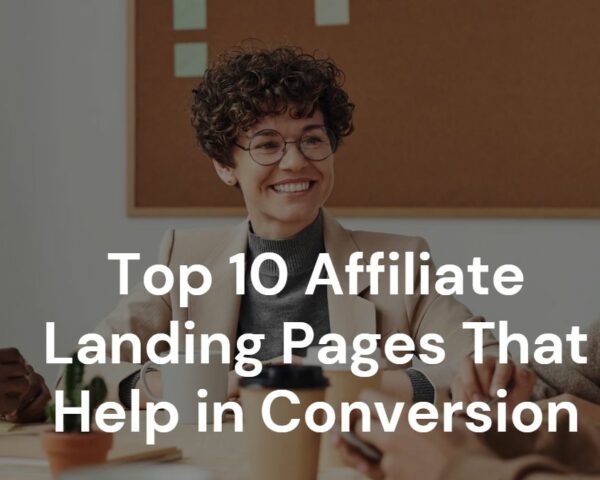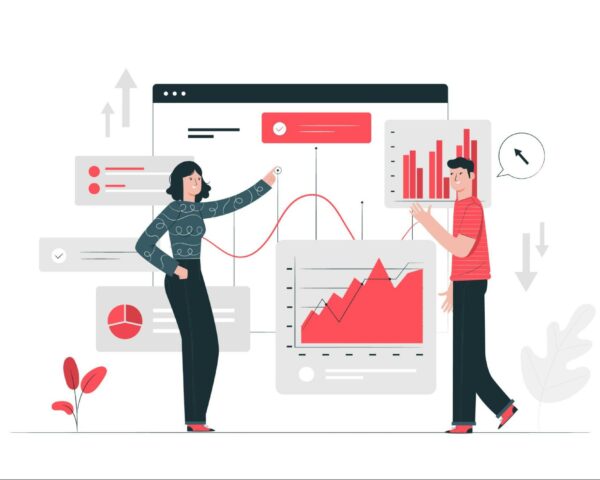How can you quickly boost your google rankings as an affiliate marketer? Google’s ranking algorithm is constantly evolving. Sometimes it can be difficult to keep up with all the updates. But there are a few things that you can do to improve your rankings on Google. Let’s list them below:
- Website Relevancy
- The Importance of Metadata
- Website Security
- Time to First Byte
- Trusted Sites Rank Higher
- Create a Positive Customer Experience
1. Website Relevancy
Website relevance is a key factor in Google’s ranking algorithm. It is important to understand that relevance is not just about keyword matching, but also about the overall user experience. The more relevant your content is to your audience, the more likely it will rank higher in Google. ‘s search engine.
Keyword relevance is one of the most important factors in SEO. This refers to the percentage of times a keyword appears in your content. Search engines assess this by looking at the text found on a webpage and comparing it against other pages that have been previously crawled and indexed by Google
When a customer searches a keyword, Google crawls websites to rank their relevancy. Become more SEO-friendly by integrating relevant keywords into your website to ensure you appear across a variety of search inquiries. Be considered a thought leader by featuring over 450 words per page. Depending on the industry, this number could be higher. Sign up for Google Adwords to research the most relevant keywords. Update site content regularly as Google views this as a major indicator of relevancy.
2. The Importance of Metadata
Be sure to include metadata on each webpage. This ensures each page contains a space between the <head> tags to insert metadata or information about the contents of your page. This works similarly to a catalog in a library, making your site easily identified. Is responsible for the page titles displayed at the top of a browser window and is the most important metadata on a page. It is a good idea to create a unique title relevant to each page.
These are the search phrases that people type to find your page. Include a variety of phrases, but don’t get greedy – keyword stuffing can result in a ranking penalty. Limit it to 6-8 phrases each consisting of 1-4 words. Keep descriptions accurate and a good reflection of the content, create brief and descriptive tags for each page and avoid being too greedy.
3. Website Security
Website security is a hot topic these days, and for good reason. It’s estimated that over 50% of all websites are hacked every year. And when you’re hacked, you lose money and credibility. So it’s no surprise that website security is a top priority for many businesses today.
Can website security help with your Google rankings? Website security is one of the top reasons why people choose to rank higher on Google search results pages. This is because Google wants its users to have a secure experience when they visit a site and does not want them to get hacked by visiting an infected site or downloading malware from it. Unsafe sites can result in a Google penalty. If you have a secure website, then you are less likely to be hacked into by some unwanted guest.
4. Page Speed
Page speed is a major ranking factor for Google. If your website is slow, it will negatively affect your site’s rankings on Google. Google has released a tool called PageSpeed Insights to help you determine how fast your site loads and whether or not it is optimized for mobile devices.
One way to improve page speed is by reducing the number of HTTP requests required to render a page. This can be done by combining JavaScript files into one file and CSS files into one file. Google ranks pages on their speed, relevance, and quality.
Websites that quickly deliver web content rank higher. Website owners should therefore investigate ways to improve their Time to First Byte (TTFB). Measure your TTFB with a dedicated tool such as WebPageTest: www.webpagetest.org.
Improve your front-end performance to create a fast, responsive, enjoyable user experience. To improve your TTFB, your site may also benefit from using an Elliptical Curve Cryptography (ECC) SSL certificate. Requiring less computing power, ECC cuts usage by about 60%.

5. Trusted Sites Rank Higher
Google loves trusts that are trustworthy. To provide the best search results, Google’s algorithm needs to take into account many factors such as website design, content quality, and social media engagement. Google’s algorithm also needs to take into account how trustworthy a site is. This means that sites need to have good content and be able to show that they are credible and reliable.
6. Create a Positive Customer Experience
Websites that are easy to use, navigate and understand rank high for user experience. Providing a measurable benefit to a site’s external popularity, search engines interpret this as a signal of higher quality. Google loves sites with great user experience and navigation.
It is not just about having a beautiful design, but also about the site’s usability. A site with bad navigation will be penalized by Google’s algorithm, and as a result, it will rank lower in search engine results pages (SERPs). A site’s navigation should be simple, intuitive, and easy to use.
The main menu should be clear and easy to find. The content should be logically organized into sections or categories that are easy to understand. Additionally, the site should be easy to navigate on mobile devices.
Search engines understand that sites with low bounce rates, longer visits, returning visits, and social mentions are likely a reflection of a loyal customer base, therefore all these items contribute to a significant boost in SEO.
Conclusion
Google is becoming more sophisticated and ultimately more humanlike with every new release. SEO techniques should be balanced with a good user experience if they’re to form part of your business’ long-term search strategy. So if you want to increase your website’s ranking with Google, don’t try and trick it, give it what it wants … a safe site to visit, and a great user experience.












Add Comment